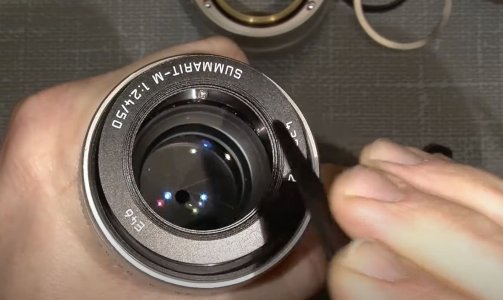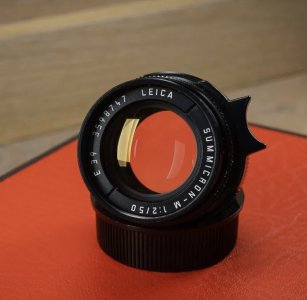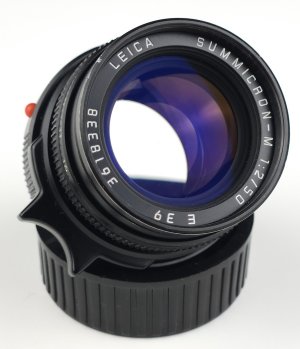weatherproof
Newbie
I was watching a video of the dissasembly of a Summarit 50/2.4, and in order to remove the nameplate from the front, the technician needed to pry it off versus unscrewing it. It's at the 10m30s mark here:
When did Leica make this change instead of using a rubber thing to unscrew the plate?
Thank you
When did Leica make this change instead of using a rubber thing to unscrew the plate?
Thank you



